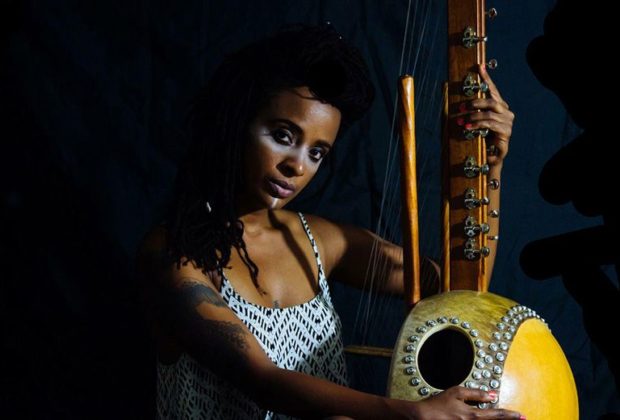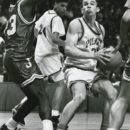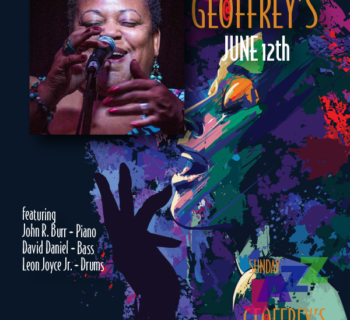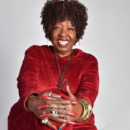Posted May 17, 2018 from KQED
When Zena Carlota first heard the kora, a traditional 21-string harp from West Africa, she had no idea which instrument could possibly make such a sound.
After searching album liner notes and discovering its name, a voice in her head told her she was destined to play the kora, and it launched her on a journey to Gambia. She eventually would study with the Malian master player Toumani Diabaté. Nine years later, the Oakland-based Carlota is one of a handful of women in the United States who play the kora, an instrument traditionally played strictly by men.
Carlota's music is a unique, delightful blend of Appalachian revival music, pre-electric Delta blues and classical kora to create what she calls “Afro-Symphonic Folk.” She sings several songs in a variety of African languages, from Bambara -- spoken in different parts of West Africa -- to the Ugandan language of Luganda.
The 34-year-old musician grew up in Amherst, Massachusetts, by parents who worked as cultural anthropologists and instilled in her a strong black nationalist pride. They often hosted at their home African authors like Chinua Achebe. When her parents’ work took them to the Caribbean and Latin America, Carlota connected with the black community in these regions of the world, developing a complex view of what “it means to be black in this world.”
KQED Arts caught up with the singer and kora player, capturing several packed Bay Area house concerts she’s played in recent months in anticipation of her album “Beautiful News,” due out later this year, and funded by a 2015 Investing in Artist grant Carlota received from San Francisco’s Center for Cultural Innovation.
Many of Carlota’s songs explore poignant themes of cultural identity and the meaning of home. “As an African American," she says, "you feel like you have been born into a home that doesn’t want you."
Carlota draws on history and imagination in her music in hopes of creating a space where she, and therefore others, can re-envision a new understanding of self and community.










